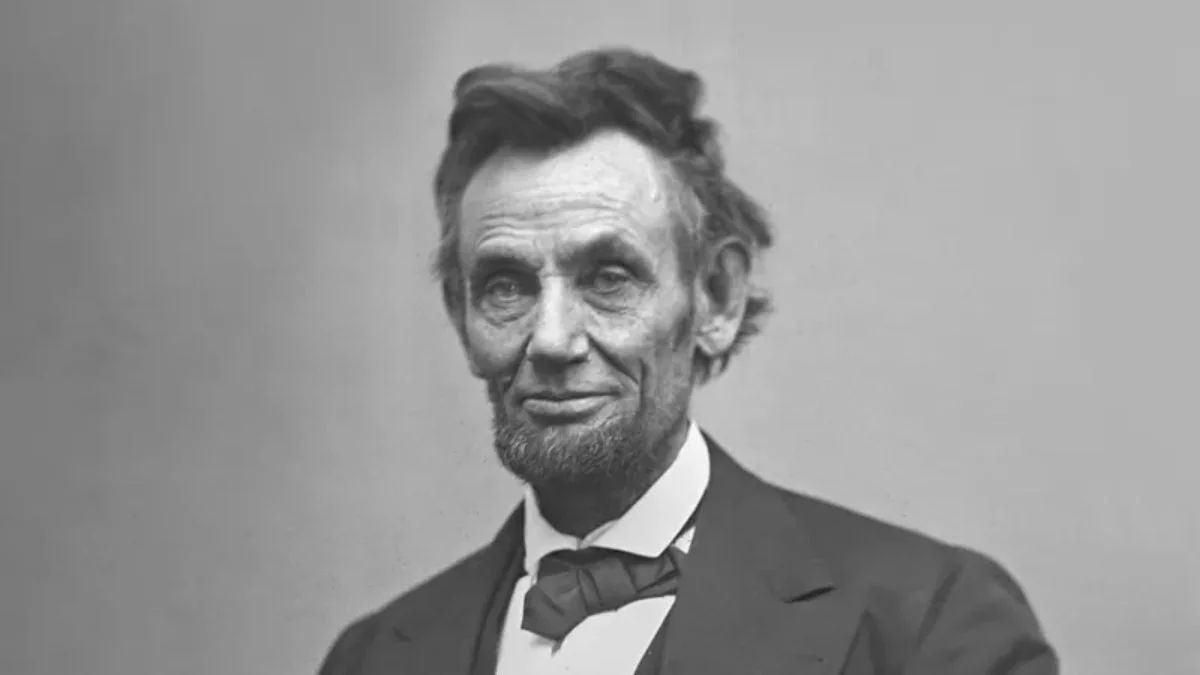As the 16th President of the United States, Abraham Lincoln is best known for guiding the nation through the enormously painful and turbulent Civil War era. But Lincoln was also a profound thinker and orator whose words have become immortalized for their poetic expression of democracy’s ideals. His speeches and writings reveal a leader of steadfast moral conviction and unwavering optimism in humanity’s capacity for collective progress. Over 150 years after his tragic assassination, Lincoln’s quotes continue to inspire with their eloquent calls for unity, equality, courage and resilience. Here are 10 of his most famous quotes along with an exploration of their deeper significance:
“A house divided against itself cannot stand.”
Adapted from the Bible, this stirring line expressed during the outbreak of the Civil War captured Lincoln’s belief that a nation riven by slavery and injustice threatened its very existence and founding creed. The quote rallied for confronting and transcending the existential crisis of a “house divided” to preserve the Union’s survival.
“You cannot escape the responsibility of tomorrow by evading it today.”
With this pragmatic reminder, Lincoln warned against the futility of procrastination or ignoring one’s obligations. He viewed avoidance as merely delaying the inevitable reckoning when difficult choices still demand answers. The line reflects Lincoln’s own willingness to confront the era’s monumental challenges head-on.
“I am not bound to win, but I am bound to be true.”
Here Lincoln expresses his conviction to remain unswervingly faithful to his core beliefs and ideals, regardless of outcome. He would not sacrifice his integrity or honesty even when politically inexpedient. The quote underscores his steadfast moral compass while releasing attachment to specific results which were out of his control.
“The dogmas of the quiet past are inadequate to the stormy present.”
This line reveals Lincoln’s awareness that the status quo philosophies that upheld the antebellum era were ill-equipped to confront the unprecedented national upheaval of the Civil War. He recognized that clinging to past precepts would be futile for navigating such uncharted challenges. The quote reflects his openness to evolving perspectives.
“Public sentiment is everything. With it, nothing can fail; against it, nothing can succeed.”
Lincoln had a keen understanding of the power of public opinion and the mandate it conferred on democratic leadership. This quote acknowledges that even the most principled policies could falter without buy-in from the populace. It shows his willingness to shape public sentiment through rhetoric and dialogue.
“I do not think much of a man who is not wiser today than he was yesterday.”
Espousing the importance of lifelong learning and growth, Lincoln suggests little value in those who fail to evolve their knowledge and perspectives over time. The line shows his commitment to remaining a perpetual student while revealing his disdain for stagnation. It reflects wisdom acquired through constant curiosity.
“The better angels of our nature.”
This oft-cited phrase from Lincoln’s first inaugural address poetically called upon the higher virtues and shared humanity that could potentially quell the nation’s divisions and impending bloodshed. The line reveals his hope that citizens’ noble and generous instincts could ultimately override impulsive tensions.
“America will never be destroyed from the outside. If we falter and lose our freedoms, it will be because we destroyed ourselves.”
With this ominous warning, Lincoln highlighted that the greatest threat to democracy was not external forces but rather the nation turning against itself and its stated ideals. The line presages his fears that a “house divided” over slavery could self-immolate from within if not rededicated to equality and liberty.
“Those who deny freedom to others deserve it not for themselves.”
This moral axiom succinctly captures Lincoln’s belief in true freedom being conditional upon universally upholding its protections for all people. Any who would hypocritically deprive others of liberty fundamentally negate their own right to it. The line reinforced his opposition to the injustice of slavery.
“The best way to predict your future is to create it.”
This empowering quote reveals Lincoln’s conviction that individuals and societies ultimately have agency in forging their own destinies through willful choices and actions. Rather than leaving the future to random chance, he believed in proactively moulding it through conscious intention and work.
Lincoln’s quotes covered a wide range of themes from democracy and human rights to personal growth and determined leadership. But underlying all of his words was a profound faith in realizing America’s founding proposition that “all men are created equal.” His stirring rhetoric continually aimed to unite people across divisions in service of that sacred constitutional ideal.


